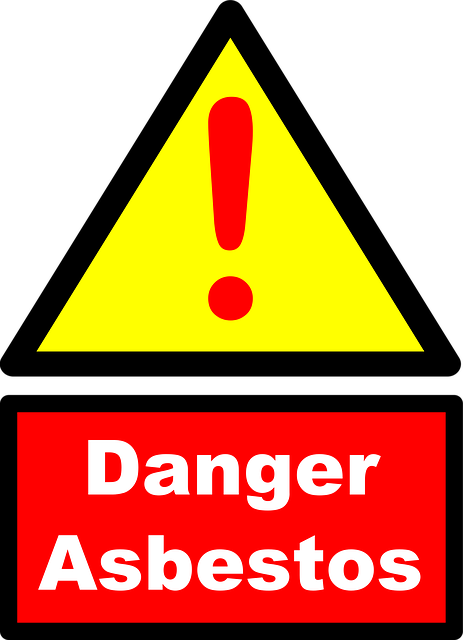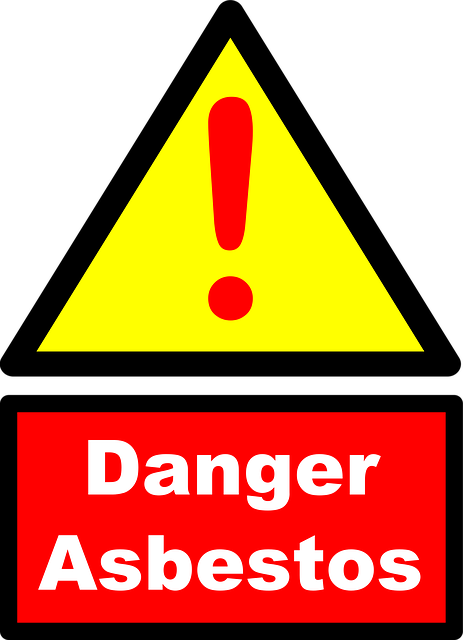Peoria Mesothelioma is a rare but aggressive cancer linked to asbestos exposure. Early detection through symptoms like coughing and weight loss is key. Diagnosis involves medical history review, physicals, imaging, and staging for tailored treatment plans. Treatments include surgery, chemotherapy, radiation, targeted therapies, and immunotherapies, with advancements improving outcomes for Peoria Mesothelioma patients.
Mesothelioma, a rare but aggressive cancer affecting the protective lining of internal organs, poses significant health risks in Peoria. This article delves into understanding this disease’s impact on the local community, with a focus on diagnosis and treatment options available to Peoria residents. From recognizing symptoms to navigating staging systems, we explore how early detection can improve outcomes. Additionally, we analyze various treatment modalities, including surgery, chemotherapy, and radiation therapy, offering insights into their effectiveness in managing Peoria Mesothelioma.
- Understanding Mesothelioma in Peoria
- Diagnosing and Staging the Disease
- Available Treatment Options and Their Effectiveness
Understanding Mesothelioma in Peoria

Mesothelioma, a rare yet aggressive form of cancer, affects the thin layer of tissue that covers internal organs, particularly in the chest and abdomen. In Peoria, as in many parts of the world, mesothelioma is often associated with asbestos exposure. This mineral was widely used in construction, automotive, and industrial sectors due to its heat-resistant properties. Over time, inhaling or swallowing asbestos fibers can lead to severe health issues, including mesothelioma.
Peoria’s residents, especially those with a history of working in high-risk industries or living in areas with contaminated environments, should be vigilant about any unusual symptoms like persistent coughing, chest pain, or unexplained weight loss. Early detection is crucial for effective treatment of mesothelioma in Peoria. With advancements in medical technology and specialized care centers, patients now have access to various treatment options tailored to their specific needs.
Diagnosing and Staging the Disease

Diagnosing mesothelioma in Peoria begins with a thorough medical history review and physical examination. If symptoms suggest the presence of this rare cancer, further testing is ordered. A key diagnostic tool is imaging, such as X-rays, CT scans, and PET scans, which help identify abnormalities in the chest wall, lungs, or other affected areas.
Staging the disease involves determining how far the cancer has progressed. This critical step helps guide treatment plans tailored to each patient’s unique situation. Staging considers factors like tumor size, whether the cancer has spread to lymph nodes or distant organs, and the overall extent of tissue involvement. Accurate diagnosis and staging are crucial for developing an effective treatment strategy for Peoria mesothelioma patients.
Available Treatment Options and Their Effectiveness

In the face of a Peoria mesothelioma diagnosis, understanding available treatment options is paramount. The primary goal of treatment is to remove as much cancerous tissue as possible, reduce tumor size, and alleviate symptoms. Surgery, often combined with chemotherapy or radiation therapy, stands as a cornerstone of treatment plans. For patients in Peoria, several surgical procedures are employed, including pleurectomy/decortication, which involves removing the lining of the chest wall and lung, and extrapleural surgery, targeting tumors that have spread to nearby structures.
While these treatments offer hope, their effectiveness varies based on several factors, such as cancer stage at diagnosis, patient health, and overall fitness. In advanced stages, where cancer has metastasized, curative options may be limited. Nonetheless, targeted therapies and immunotherapies are emerging as promising avenues for improving outcomes and prolonging survival rates among Peoria mesothelioma patients.
Mesothelioma treatment options in Peoria include surgical excision, chemotherapy, radiation therapy, and targeted therapy, each with varying degrees of effectiveness depending on the stage of the disease. Early detection is crucial for optimal outcomes. If you or a loved one has been diagnosed with mesothelioma in Peoria, seeking specialized care from experienced oncologists is essential to navigating this complex condition and managing its symptoms effectively.
